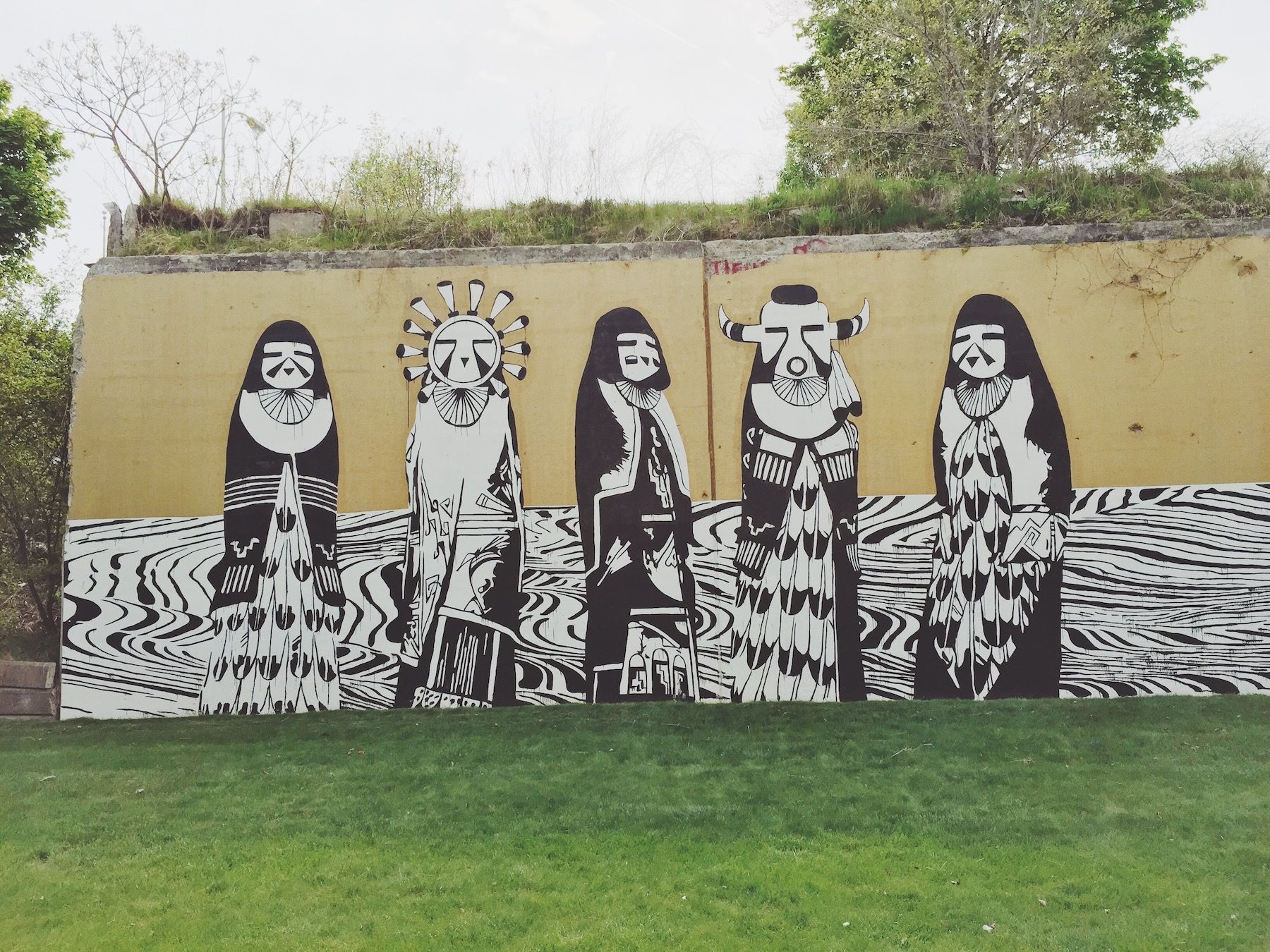I wrote briefly to you about it last week and will continue to write about it because it’s the part of writing that I have the most trouble with: the “killing” of darlings. For a while now I’ve thought that the murder metaphor was harsh by necessity; it describes the cold-blooded mentality one needs in order to cut pieces of a story for the benefit of the whole.
But there’s a finality to murder, and maybe in the time of hand- and typewritten manuscripts, the loss of words written was closer to death. I imagine Faulkner, pipe in mouth, mint julep on desk, torturing himself over a page he knows he should cut. He stands and paces. He can’t take it anymore. He picks up the page, rips it in half, then in half again, and again. Once more. He throws the scraps into the fireplace and drags on the pipe. The sentences are in memory still but the exact words, they’re gone. For good. No way of getting them back. And he feels SO MUCH BETTER.
My manuscript, on the other hand, is redundant, holographic. I have drafts saved as separate files each synced to Dropbox and as I excise larger paragraphs I paste them into a “limbo” document in case I find a place for them later and am too lazy to dig through an old file. I Command-X instead of Delete, so things stay on the clipboard, and even when I do delete something it’s not completely deleted, it’s still out there in some virtual trash can, some server backup image, recoverable in a few clicks; it still lives a life in the world. Or to put it another way: it’s less like murder and more like a breakup.
The first act of the novel is too long. I remove a paragraph that has been there from the beginning. That has been part of the book for over THREE YEARS. I don’t think I’ll miss it much at first but no, wait, there are words later on that depend on those first words. I have built part of my life around those words and now, suddenly there is a void, a void that I have created. The book feels less complete without the old words. I beg them back.
The limbo document makes it easier for me to cut something; it reduces the sense of loss. But it also makes it harder to let go, like keeping the photos of your ex on your phone. I looked at it the other day and I shouldn’t have looked. The new draft was perfectly fine without that one paragraph and now I’m thinking about it again. I’m remembering how great that paragraph was. The qualities that I took for granted when I decided to cut it from my life. And what about the people who’ve already read those words and laughed? The friends who are expecting you to show up with those words when they see you next?
Keep writing, a voice tells me. Keep dating new words. Remember why you’re doing this. Why am I doing this? To find the words you finally keep. But what if the new ones aren’t as smart/beautiful/kind/funny? This is the price of love. Learning to edit your own work is learning to break your own heart a million times over.
And over time you meet new words. Put them side by side with the old ones and they’re not necessarily better, more … different. But somehow you’re better. The story’s better. And you find that there are echoes of those old words still around, that still fit. They’ve stayed a part of the story, little habits you’ve picked up like making steel-cut oatmeal in the mornings and slicing your carrots a certain way.
And maybe in the end you get back together with those old words. You find a place for them later in the book, or in another book. But whatever your new relationship, it’s not the old relationship. The old relationship is over.
It’s a different kind of death.
